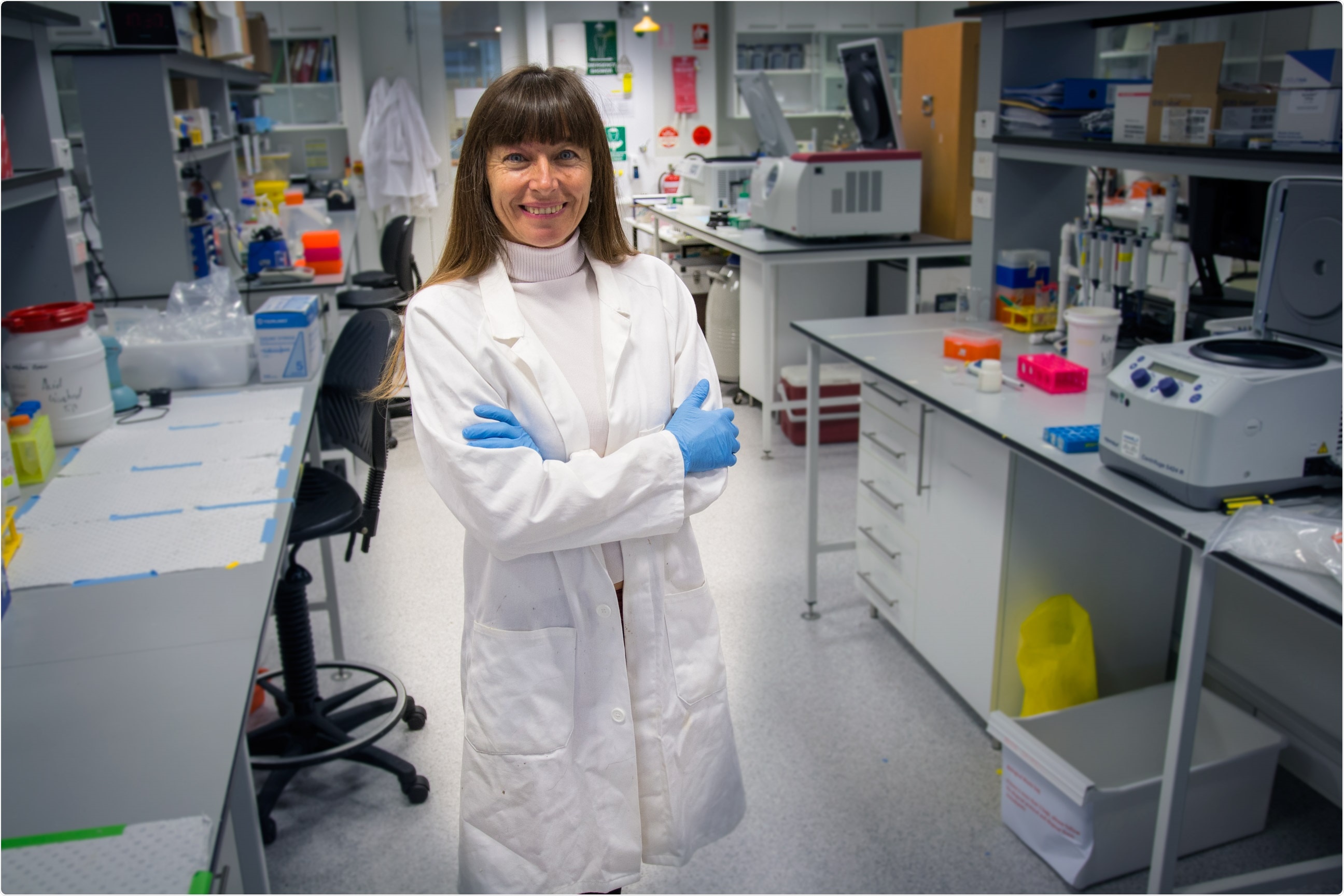Mothers who breastfeed produce signals that influence the immune system development of their babies and help to prevent future food allergies, according to new global research.

Image Credit: The University of Western Australia
World-leading breastfeeding experts, from The University of Western Australia, Telethon Kids Institute, and a German research institution, published new evidence highlighting that the allergens in breastmilk could be key to educating a child’s immune response.
Ten per cent of children in Western countries already have a food allergy by the age of one and this evidence could help guide maternal health advice and alleviate the worldwide burden of allergic disease.
The findings, published in the Journal of Allergy and Clinical Immunology, supported the concept that being exposed to allergens in breastmilk was unique and very different from allergen exposure in non-breastfed infants.
Breastfed infants are exposed to multiple allergens, originating from maternal diet and the environment, likely to be found in their diet and environment after weaning.
If not breastfed, infants would not be exposed to most of these allergens before weaning and consequently would not receive this preparation to the external world.
In addition to the many allergens found in breast milk compared to formula, Professor Valérie Verhasselt, the Larssen-Rosenquist Director of Centre of Research for Immunology and Breastfeeding at UWA and Telethon Kids Institute, said exposing infants to allergens through breastmilk rather than food was very different.
“In breastmilk, only a minute dosage would reach the child compared with when administered through food to the child,” Professor Verhasselt said.
The allergen is also found pre-digested, bound to antibodies and surrounded by a ‘soup’ of molecules that can modulate the immune system. This may be especially designed for early life immune system education and preventing harm.”
Professor Valérie Verhasselt, Larssen-Rosenquist Director of Centre of Research for Immunology and Breastfeeding, UWA
Professor Verhasselt said a better understanding of the specificities of allergen exposure through breastmilk should lead to more evidence-based health interventions to prevent allergies in early life, including maternal and child diets.
“We know breastmilk has an incredible ability to protect offspring from infectious disease and many of the compounds found in human milk have the required characteristics to instruct immune development and prevent allergy,” she said.
“However, understanding how to control this will require many more years of research.”
Source:
Journal reference:
Macchiaverni, P., et al. (2021) Allergen shedding in human milk: Could it be key for immune system education and allergy prevention?. Journal of Allergy and Clinical Immunology. doi.org/10.1016/j.jaci.2021.07.012.